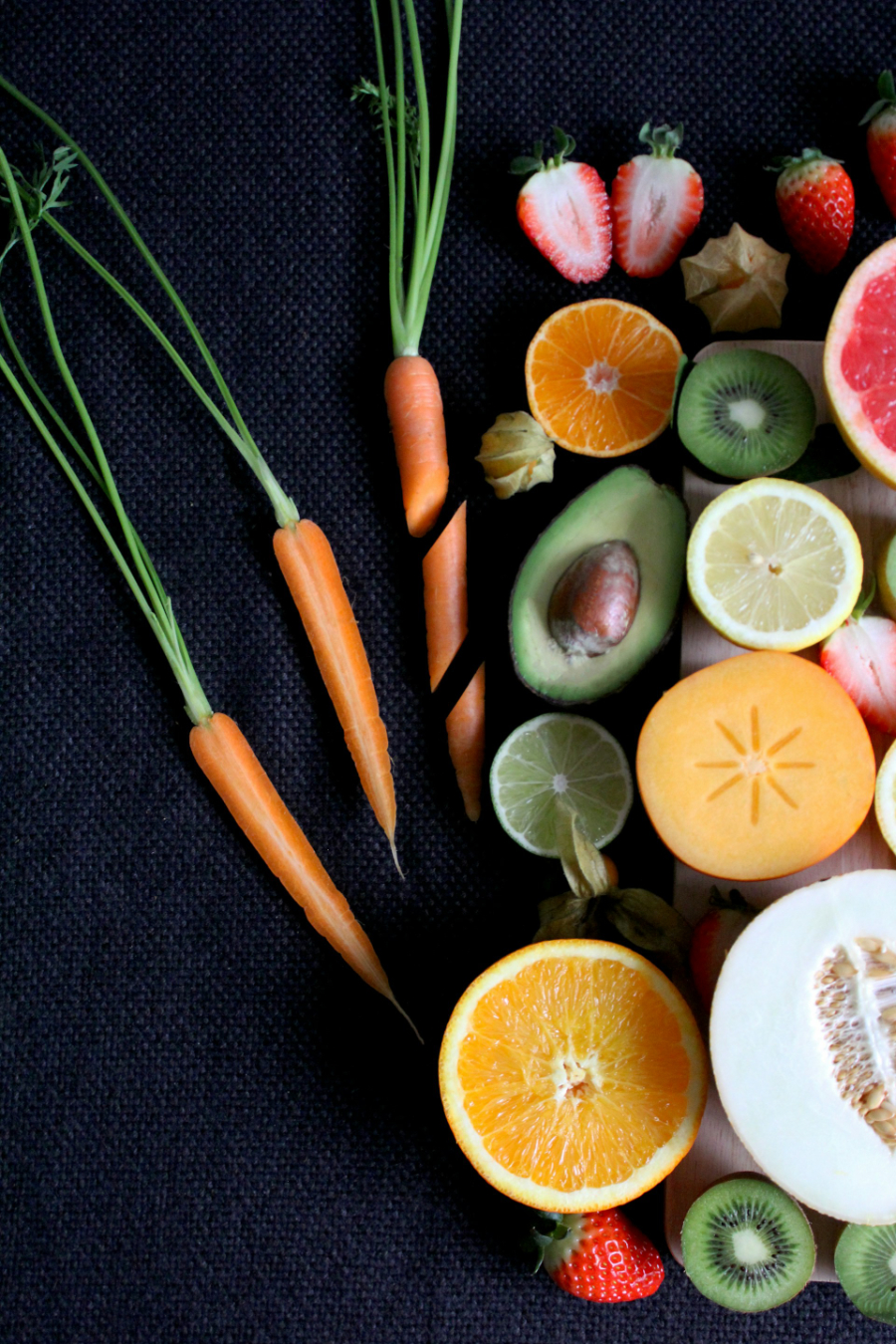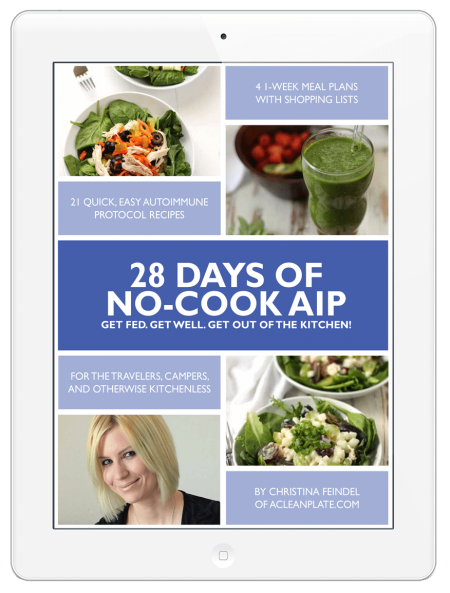Autoimmune Protocol Food Quality

Why is food quality important? Well, higher-quality food is just better for the environment. These are the foods more likely to be produced using sustainable practices. Now, none of this should typically be a top priority if you’re just trying to eat more vegetables or struggling to accommodate food sensitivities. Eating anything at all, especially something reasonably healthy for you, is far superior to eating nothing. Nutritionally, by and large, a blueberry is a blueberry regardless of how it was grown. But if you’re interested in sustainability and have the means to be more selective at the store, this little cheat sheet will help you get started.
Meat
In addition to being less friendly for the environment and animal welfare, conventional meats tend to be less nutrient-dense and higher in omega-6 fatty acids, which can contribute to inflammation if you aren’t eating enough omega-3s. You can still reap the benefits of any veggie-rich diet whether you buy grass-fed meat or not, but finding the room for grass-fed in your budget can give you a certain peace of mind, knowing that you’re doing your part to support more sustainable practices. It’s the next best thing to giving up meat altogether (which often isn’t a nutritionally viable option for those of us certain health conditions), and it’s even more rewarding if you can find a good local farm to support.
If You Can
- Seafood: Wild
- Poultry and pork: Wild or pastured
- Meat: Wild or grass-fed and grass-finished
- Produce: Local, organic, and in season
- Oils: Unrefined, organic, and cold-pressed
Middle Ground
- Seafood: Wild-caught
- Poultry and Pork: Organic
- Meat: Grass-fed or pastured
- Produce: Local or organic
- Oils: Organic or cold-pressed
If You Must
- Seafood: Farm-raised
- Poultry and Pork: Commercial
- Meat: Commercial
- Produce: Conventional
- Oils: Conventional
Produce
Excessive use of pesticides contributes to soil erosion, mineral depletion, and pollution. But many of us can’t afford the added expense of organic foods. Every year, the EWG evaluates the pesticide content of produce and puts out a list of the top items it recommends buying organic instead. The following lists have been adapted for the autoimmune protocol, excluding the nightshades, grains, and legumes EWG’s lists contain.
Buy Organic
- apples
- celery
- peaches
- strawberries
- nectarines
- grapes
- spinach, kale, and collard greens
- lettuce
- cucumbers
- blueberries
- cherries
- pears
Conventional Okay
- onions
- pineapple
- avocado
- cabbage
- asparagus
- mango
- kiwi
- cantaloupe
- sweet potatoes
- grapefruit
- watermelon
- mushrooms
- winter squash
- plums
- papaya
Need a Break from Cooking?
Whether you’re traveling, moving, or just tired of spending so much time in the kitchen, 28 Days of No-Cook AIP can help. Designed for lazy days and/or a poorly-stocked kitchen, these simple dishes will make sticking to your autoimmune protocol during business trips, holiday travel, and times of illness or stress a lot easier!

